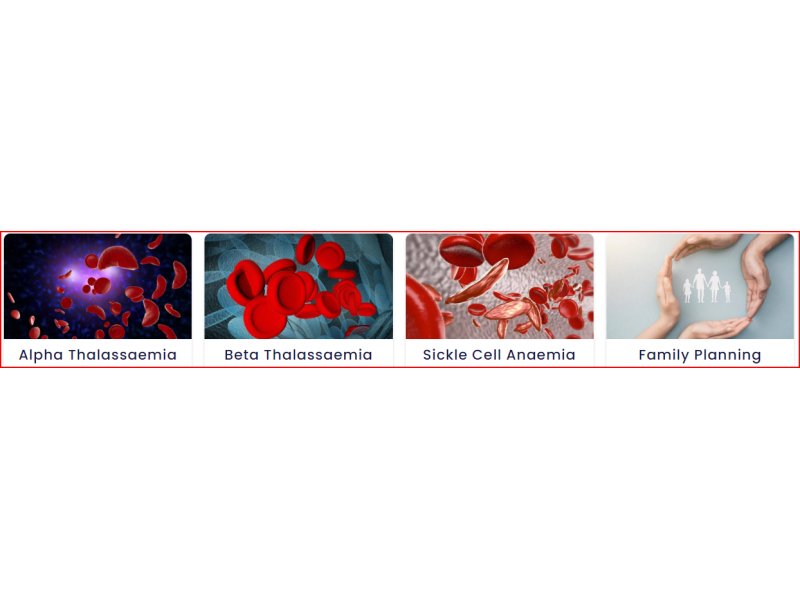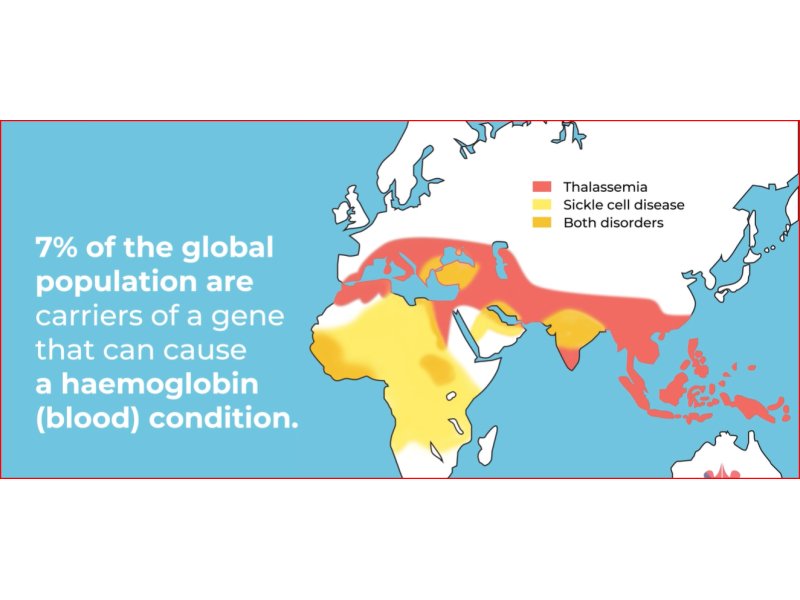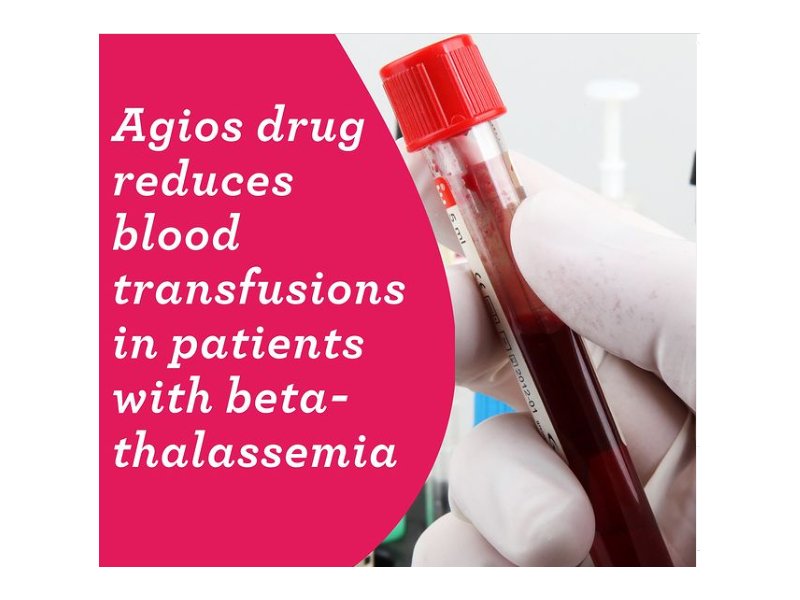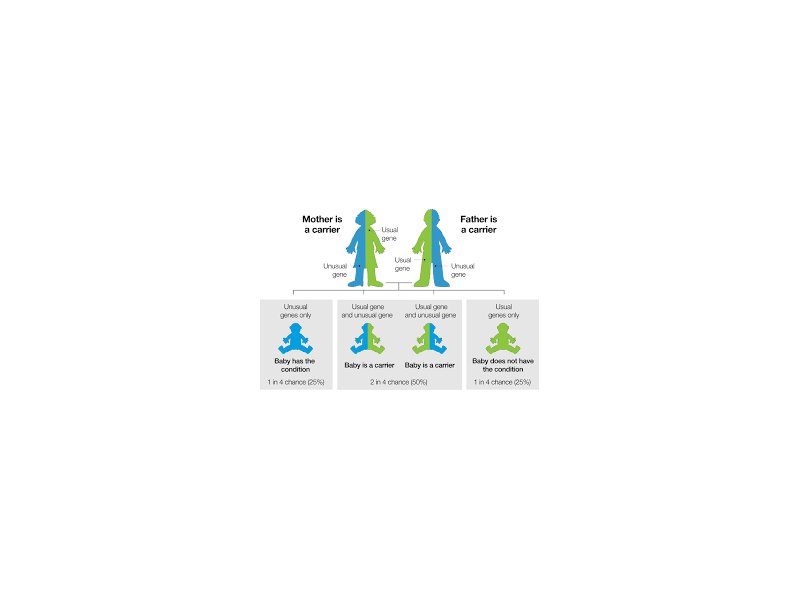Project Overview
What is sickle cell anaemia?
Sickle cell anaemia is one of a group of disorders known as sickle cell disease.
Sickle cell disease
Sickle cell disease is a group of blood disorders that affect your haemoglobin. Haemoglobin is in your red blood cells. It’s responsible for carrying oxygen around your body.
Sickle cell disease is an inherited condition. If you have sickle cell anaemia, both of your parents must have given you a faulty gene.
Your parents may not:
- have sickle cell anaemia
- know that they carry the gene for sickle cell anaemia
The genes for sickle cell disease are most often found in people with any of the following ethnic backgrounds:
- African
- Middle Eastern
- Southern European
- Indian
- Pakistani
- South American
- Caribbean
What are the symptoms of sickle cell anaemia?
People with sickle cell anaemia may:
Children with sickle cell anaemia may have delayed growth and development.
The sickle (crescent) shape of the red blood cells can cause them to get caught in your small blood vessels. This can cause:
- pain in your hands and feet
- bone and chest pain
- bacterial infections
- organ damage
What causes sickle cell anaemia?
Usually, your red blood cells are round. This means that they can bend to go through small blood vessels and pop back into their normal shape.
In people with sickle cell anaemia, the red blood cells form a crescent, or sickle, shape.
Usually, red blood cells live for 120 days before being replaced. But sickle cells last only 10 to 20 days. This causes a shortage of red blood cells (anaemia).
How is sickle cell anaemia diagnosed?
Sickle cell anaemia is diagnosed by blood tests. Special blood tests can tell if you carry the sickle cell gene.
If you carry the gene for sickle cell disease, your doctor may suggest screening your immediate family. That is your: parents, children, brothers and sisters. This is because they have a 1 in 2 chance (50%) of carrying the sickle cell disease gene.
How is sickle cell anaemia treated?
Your doctor might give you medicines to help reduce your symptoms. There is strong evidence for the use of hydroxyurea to treat sickle cell disease.
Blood transfusions can be used to treat the complications of sickle cell disease.
Bone marrow transplants can cure sickle cell disease. However, there are some problems with this treatment option:
- lack of suitable bone marrow donors
- transplant rejection
- long term problems with your heart, kidneys and eyes
Some researchers are now looking at gene therapy to treat sickle cell disease.
You can use some self-management strategies to reduce the effects of sickle cell disease. These include:
- drinking plenty of fluids
- eating a healthy diet
- preventing infections by being fully vaccinated and sometimes taking daily antibiotics if needed
- avoiding extreme temperatures
- avoiding over-activity
- using pain relief medicines (for example, paracetamol or ibuprofen) to manage your pain
Can sickle cell anaemia be prevented?
Sickle cell disease is inherited so can’t be prevented.
Sickle cell disease isn’t contagious (you can’t catch it).
Living with sickle cell anaemia
It’s important to try to and stay as healthy as possible. Take steps to:
- manage your pain
- avoid infections
If you want to get pregnant, you may want to think about genetic testing or genetic counselling.
If you need surgery, it’s important to tell your surgeon and anaesthetist about your sickle cell anaemia. General anaesthetics can cause problems, such as pain episodes.
Resources and support
For further information or support contact us at tascanz@muskaancaretrust.org.nz, or your GP health centre, thalassaemia treatment/ transfusion units, public hospital or health department.
Useful links:






